Is it possible to exit a Crown Paradise Club timeshare?
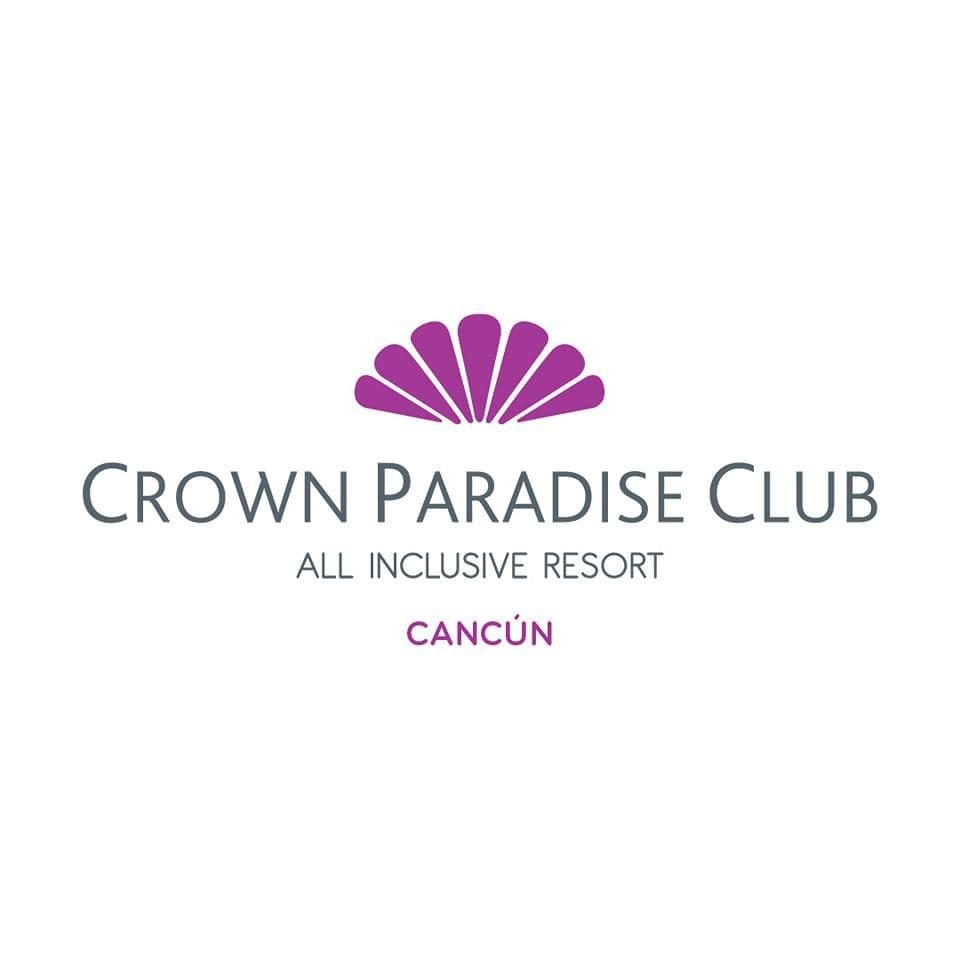
Crown Paradise Club is a well-known all-inclusive resort located in the Hotel Zone of Cancún, Mexico. It’s part of the Arriva Hospitality Group, a company that operates several properties under the Crown Paradise name, including locations in Puerto Vallarta. The resort markets itself as a family-oriented destination, emphasizing its water parks, children’s programs, and variety of restaurants. Yet, behind the glossy promotional images, there’s been a recurring stream of guest dissatisfaction and controversy that has raised concerns among both visitors and timeshare owners.
Properties
Crown Paradise functions as a small chain within the Arriva Hospitality portfolio. The main properties associated with the brand are Crown Paradise Club Cancún and Crown Paradise in Puerto Vallarta, with Cancún positioned as the family‑oriented flagship offering (water parks, kids‑programs and family suites). When discussing timeshare or vacation‑club products, understand whether your contract ties directly to the Cancún or Puerto Vallarta resort, to the Crown Paradise corporate entity, or to an external vacation club or developer. That distinction determines who is contractually responsible and what legal or administrative routes are available for a complaint or cancellation.
Common guest complaints and recurring patterns
Guest reviews present a mix of positive experiences and recurring complaints. The most frequently reported problems include maintenance failures (dated rooms, plumbing or elevator issues), inconsistent housekeeping, and reduced access to specialty restaurants — which often forces guests to rely on a repetitive buffet. Check‑in and reservation errors, unexpected charges, and slow or dismissive management responses also appear regularly in reviews.
Theft / Security and Timeshare‑Pressure Claims: Some guests have shared concerning stories about aggressive timeshare sales practices and a few incidents suggesting lapses in security. Multiple visitors describe being approached persistently by sales representatives during their stay, sometimes immediately after check‑in. These interactions, initially framed as friendly conversations or short presentations, reportedly stretched into lengthy, high‑pressure sales pitches. In some cases, travelers claim they were promised benefits or discounts that never materialized. A smaller number of online comments refer to alleged thefts or misplaced valuables, though not all were verified or connected directly to staff. Regardless, the combination of sales pressure and security concerns has contributed to the resort’s uneven reputation among guests.
Maintenance and Service Quality Complaints: Many reviewers point to deteriorating room conditions and outdated infrastructure. Reports mention broken fixtures, malfunctioning air conditioning, slow maintenance responses, and poor water pressure. Elevators have been a recurring topic of complaint, occasionally being out of service for extended periods. Food and beverage service also receive criticism — guests note that restaurants often close without notice, with limited dining options left available. These issues, while not universal, appear frequently enough to raise concerns about consistent quality control.
Management and Reservation Disputes: Another pattern involves booking errors and disagreements at check‑in. Some travelers report discovering that their reservations were misplaced or downgraded upon arrival, occasionally leading to tense exchanges with the front desk. Others mention unexpected surcharges or additional fees not clearly communicated at the time of booking. Though a few reviewers praise the staff’s friendliness, they also emphasize that management’s response time and follow‑through are often lacking.
Reported Labor and Management Controversies: In early 2025, local media and social‑network reports highlighted internal disputes between resort employees and management, involving allegations of irregularities in tip distribution and contested union representation. These matters were under review by local authorities and labor organizations at the time of reporting. While these disputes don’t directly involve guests, they suggest ongoing management and staff‑relations challenges that may affect service consistency.
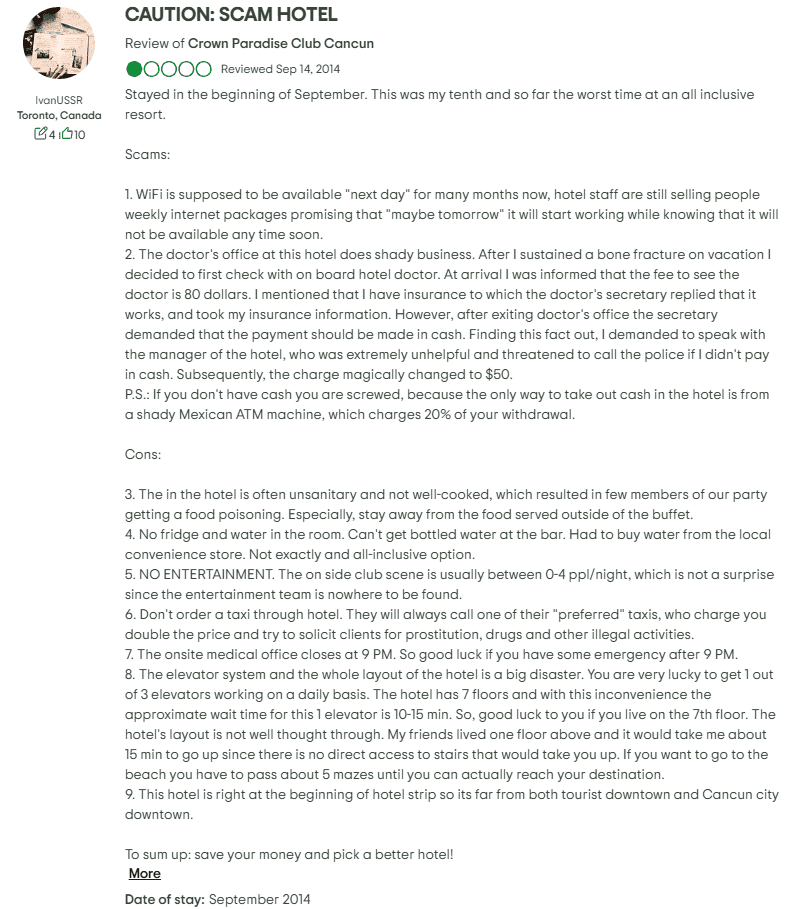
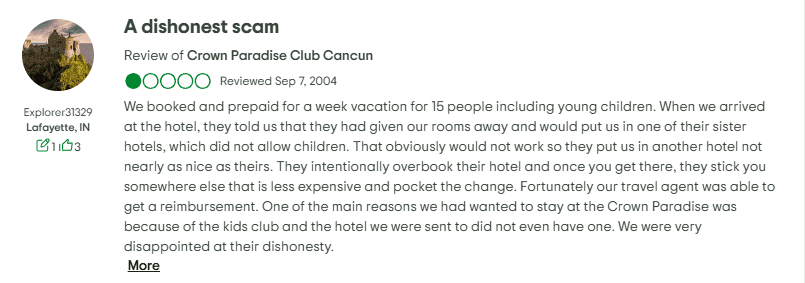
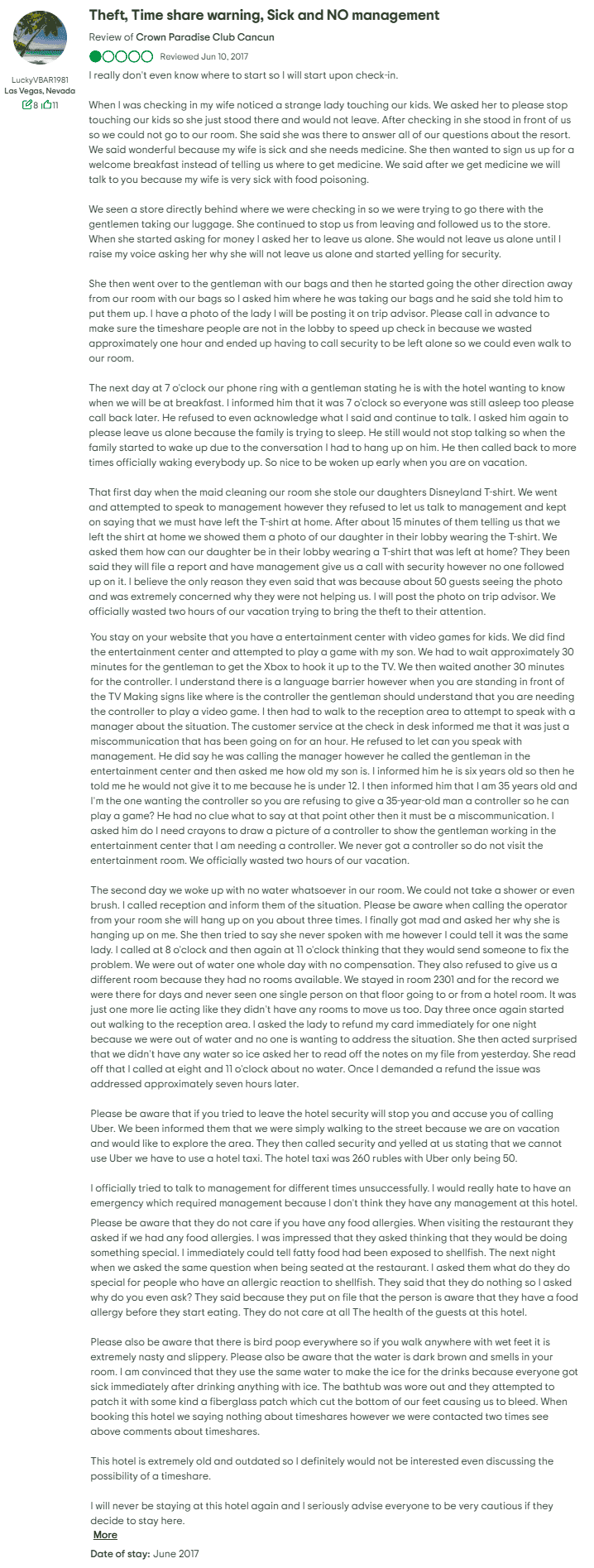
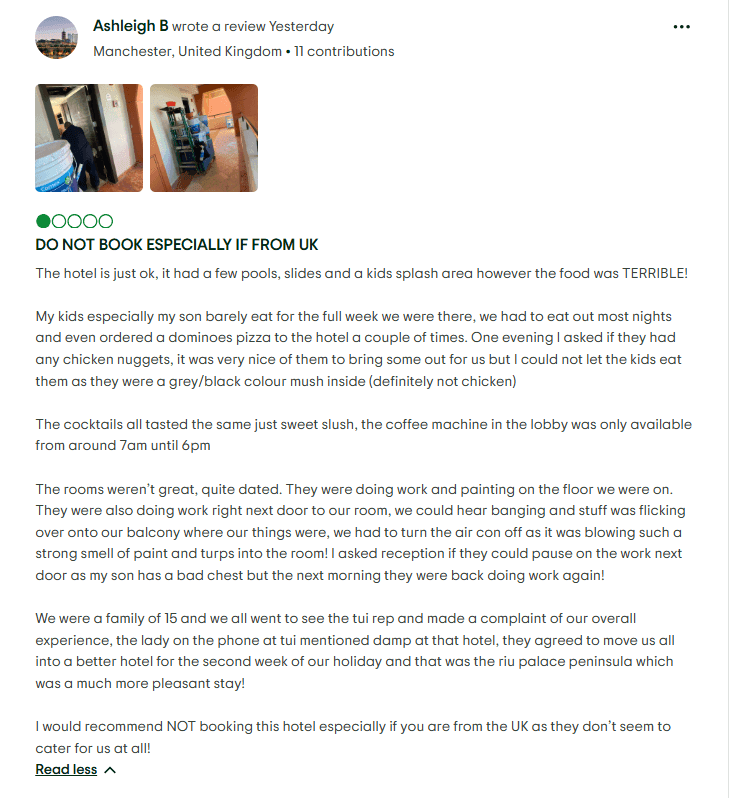
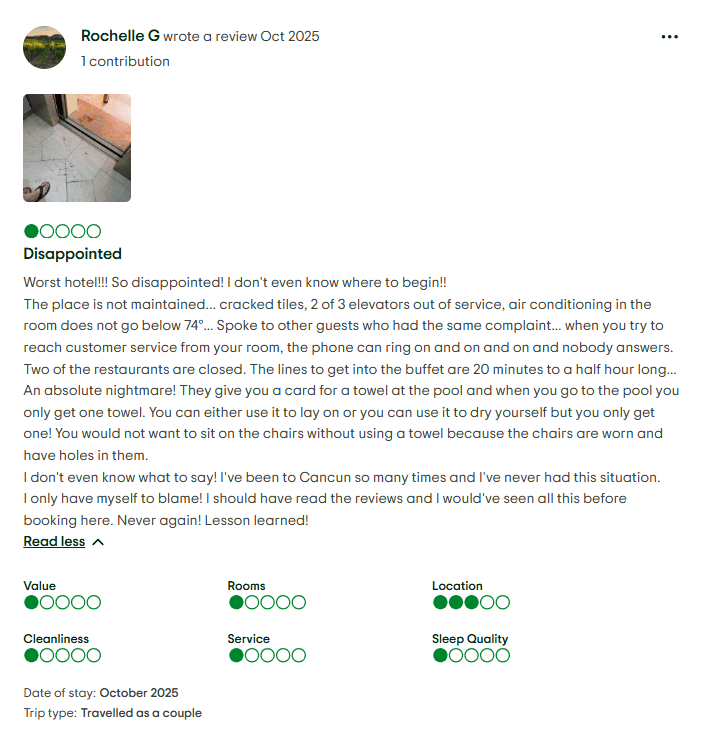
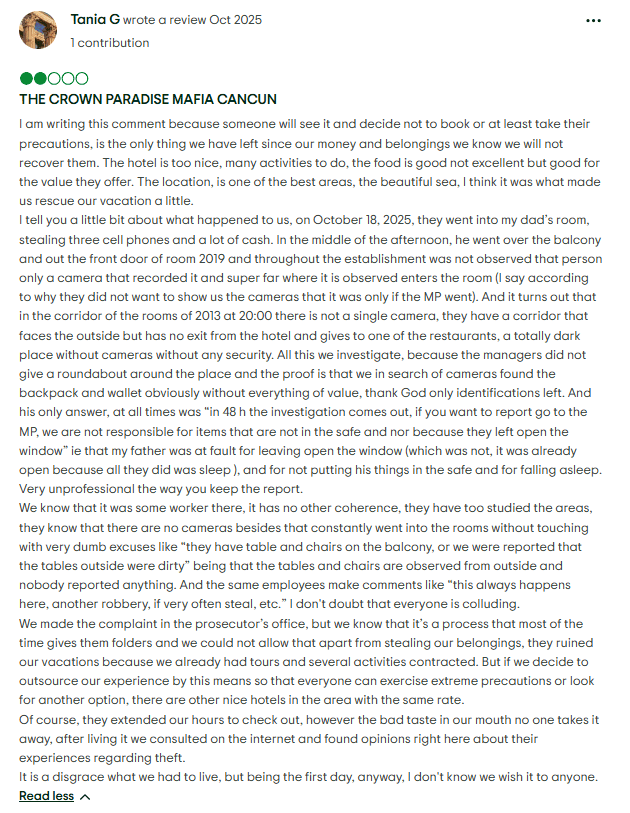
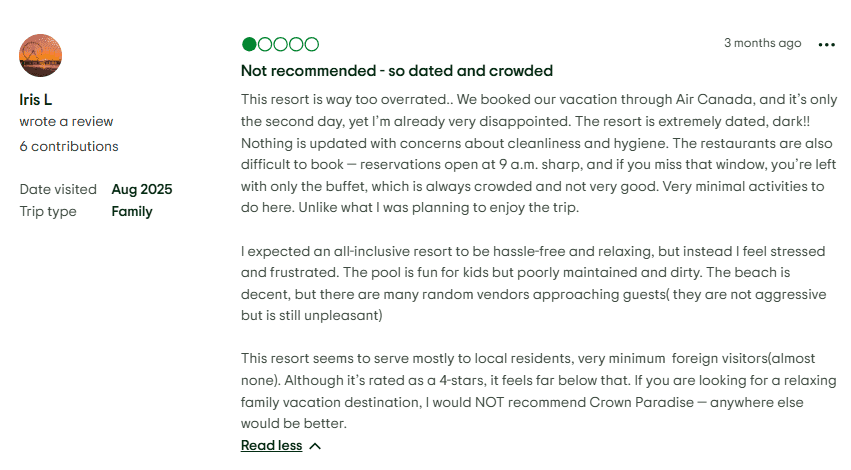
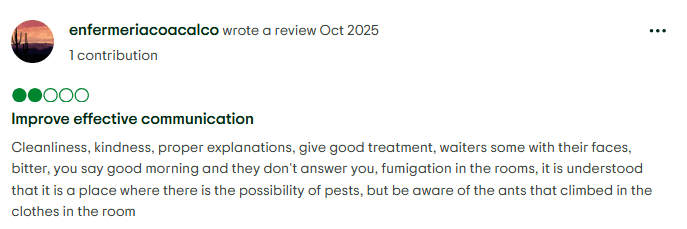
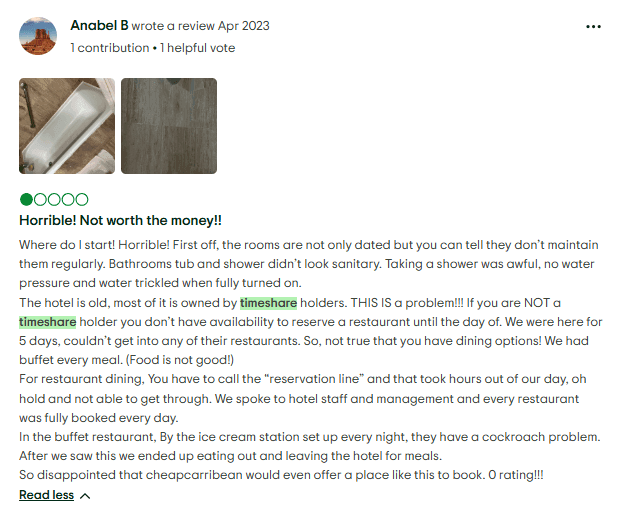

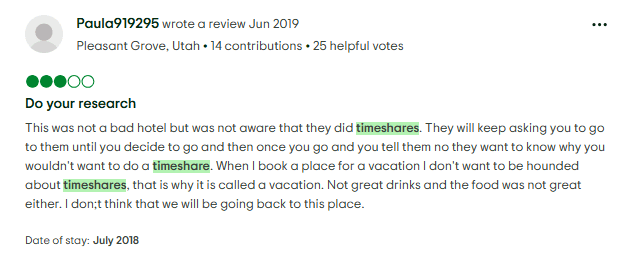
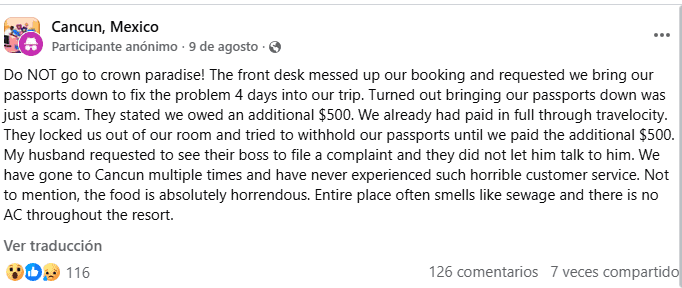
Why these issues matter to timeshare owners
Timeshare ownership depends on ongoing maintenance, clear contractual terms, and reliable management. If the resort struggles with upkeep, guest satisfaction drops and units become harder to exchange or resell. Contracts sold through third parties or linked to external clubs introduce complexity when you seek cancellation or remediation. Mexican consumer‑protection law can help, but navigating them without local legal advice is difficult.
Considering a Timeshare Exit
Owning with Crown Paradise Club may have initially seemed like a convenient way to guarantee family vacations, but many owners have found themselves locked into contracts that are far less flexible than they were led to believe. When maintenance costs rise and quality declines, frustration builds quickly. For those who feel deceived or simply want to move on, the key question becomes: how do you get out?
This is where a legitimate timeshare exit company or attorney experienced in Mexican timeshare law becomes relevant. These professionals can analyze your contract, identify any misrepresentations made during the sales process, and determine whether negotiation or formal cancellation is the best path forward.
Guidance Toward Seeking Help
Before taking any major steps, collect all your relevant documents—the original contract, payment receipts, promotional materials, and any correspondence with sales staff or resort management. If you happen to be within Mexico’s legal rescission period (often brief), act immediately and submit your cancellation request in writing. If that period has passed, professional assistance may be required.
A reputable timeshare exit company should:
- Review your specific contract in detail before promising results.
- Explain the proposed strategy and timeline clearly and in writing.
- Avoid demanding full payment upfront and instead use milestone-based fees.
- Be transparent about both the risks and realistic expectations.
Avoid any service that guarantees instant results or pressures you to stop payments without clarifying the potential consequences. These are common warning signs of unreliable operators.
The Takeaway
Crown Paradise Club markets itself as a comfortable and family-friendly getaway, but persistent operational issues and reports of aggressive sales practices tell a different story. For owners, this can turn an anticipated benefit into a costly and stressful commitment. Exiting isn’t always simple, but with thorough documentation, professional guidance, and a transparent exit partner, it can be achieved legitimately.
Patience and caution are your best allies. Before signing with any exit company, confirm every promise, question every fee, and make sure the people you’re trusting have real experience handling Mexican timeshare contracts.


